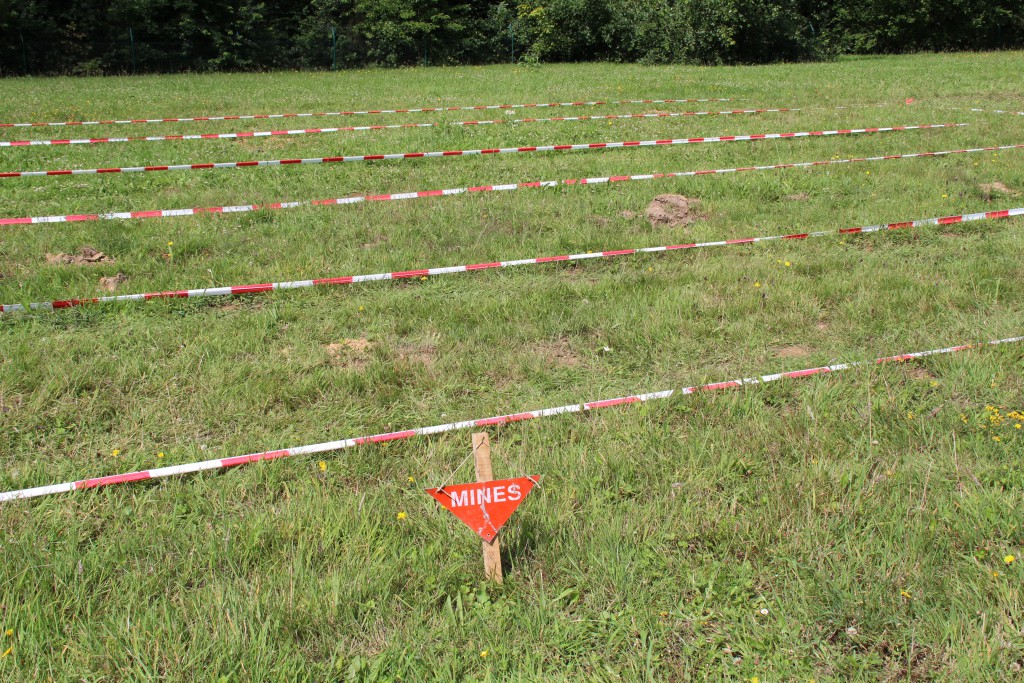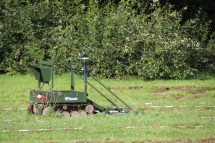‘Humanitarian‘ Removal of Landmines to start in Colombia
Fifty years of civil war in Colombia, affecting more than 6.7 million people and resulting in a death toll of at least 220,000. That’s the size of the conflict between the Colombian government on the one and the Revolutionary Armed Forces of Colombia-People’s Army, known as the FARC-EP, or just the FARC on the other side.
Today, peace seems to be in sight, with both sides having reached partial agreements on three points — rural reform, political participation, and illicit crops and the drug trade — with the issue of victims currently under negotiation and disarmament not yet tackled.
Now that the peace process has started it is time to tackle one of the most immanent problems: land mines. Colombia is one of the countries in the world most affected by landmines, with more than 11,000 people injured or killed by landmines in the country over the past 15 years.
Acknowledging this problem, the FARC stated recently their willingness to start "humanitarian" demining. The process of clearing landmines will start in several territories, but the rebels will still use explosives for self-defence, especially in light of the government’s refusal to enter into the cease-fire called by the guerrilla group. "We will choose three or four territories, but the demining process at this stage will be humanitarian […]" said FARC spokesperson Ricardo Tellez, who added that all explosive remnants will be removed.
Tellez mentioned also that the demining process will be carried out in areas where civil population is directly affected; however he highlighted that the compliance with the agreement is "a very critical problem" because they do not know the exact location of the mines and some of the people who placed them may be dead.
Discussions on reparations for victims, as well as the demobilisation of combatants, are ongoing and remain unresolved.




